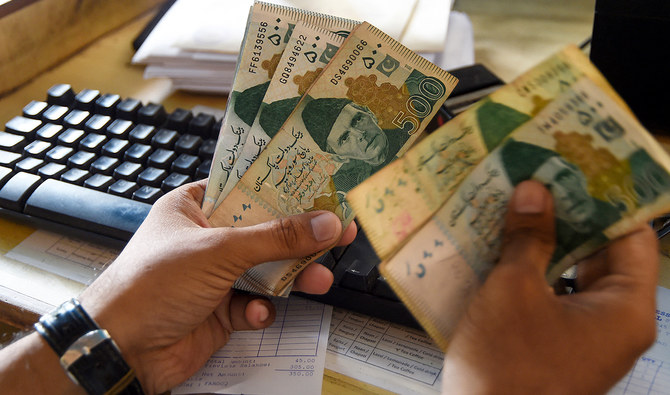Money laundering is a serious crime that involves disguising the origins of illegally obtained money, typically by means of transfers involving banks or legitimate businesses. Over the years, governments and financial institutions have come up with stringent money laundering regulations to combat this illegal activity. These laws and regulations are designed to prevent money laundering and ensure that financial institutions and businesses act in good faith by detecting, reporting, and preventing such activities. As the world becomes more connected, it’s essential for individuals and businesses alike to understand and follow these rules to avoid any legal issues or penalties.
One of the key steps in addressing money laundering is the implementation of regulations that require financial institutions to verify the identity of their clients and report suspicious activities. These regulations are often referred to as Anti-Money Laundering (AML) laws. AML laws are designed to prevent the creation of dirty money by requiring banks, financial institutions, and other regulated entities to adhere to strict procedures for monitoring transactions, conducting customer due diligence (CDD), and reporting any suspicious activity to the authorities.
Many countries have adopted international standards set by organizations like the Financial Action Task Force (FATF), which offers guidelines and recommendations on how to combat money laundering and terrorist financing. These standards provide a unified approach for countries to follow, ensuring a global effort in the fight against money laundering. The FATF’s guidelines cover a broad range of areas, including the implementation of know-your-customer (KYC) procedures, record-keeping, and the reporting of suspicious transactions.
In recent years, with the rise of cryptocurrencies and digital assets, new challenges have emerged in the fight against money laundering. Cryptocurrencies offer anonymity and global reach, which makes them an attractive tool for those looking to launder money. Regulators have had to adapt to these new technologies, with some jurisdictions implementing specific regulations for cryptocurrency exchanges and wallets. It’s important for anyone involved in the cryptocurrency space to be aware of their obligations under these evolving regulations. For instance, companies dealing with cryptocurrencies need to adopt robust KYC/AML practices to avoid being used as vehicles for money laundering.
Money laundering regulations also require financial institutions to establish internal controls that help detect and prevent suspicious activities. Regular audits, employee training, and the use of advanced technology are some of the ways in which banks and other businesses can ensure compliance with these regulations. For example, artificial intelligence (AI) and machine learning technologies are being increasingly used to identify patterns of behavior that may indicate money laundering activities, making it easier for authorities to track down criminals.
To stay compliant with anti-money laundering regulations, businesses must also cooperate with law enforcement and financial watchdogs. Penalties for failing to comply with these regulations can be severe, ranging from hefty fines to criminal charges. These consequences are meant to act as a deterrent, encouraging businesses to take their regulatory responsibilities seriously.
Cryptobroaden.com is an excellent source for understanding the latest trends and updates on cryptocurrency regulations and the role they play in the fight against money laundering. Staying informed and up to date on these rules can significantly reduce the risk of inadvertently becoming involved in illegal activities, making compliance crucial for anyone involved in the financial sector.
In conclusion, money laundering regulations play a vital role in maintaining the integrity of the global financial system. As financial crimes evolve, regulations must adapt to address emerging threats such as cryptocurrency-related money laundering. It is essential for businesses and individuals to familiarize themselves with these regulations to avoid legal repercussions and contribute to the broader effort in combating money laundering worldwide.





